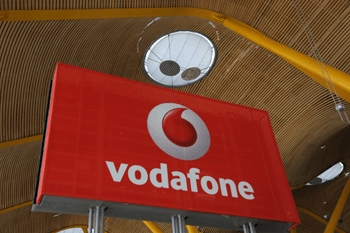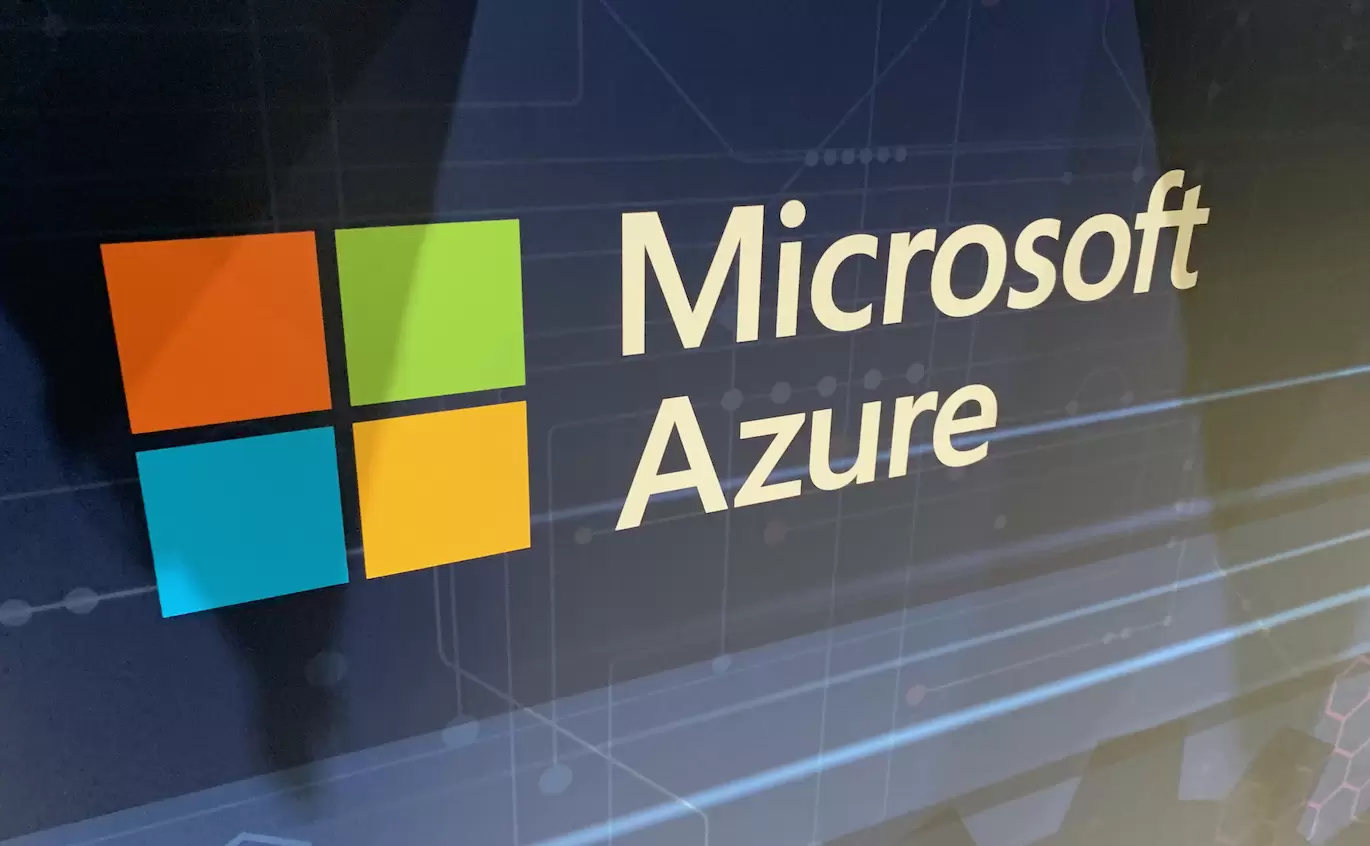The European Parliament and the Council reached agreement to proceed with a European Chips Act aimed at strengthening European competitiveness and resilience in this strategic sector.
The European Union aims to to double its current global market share of semiconductor manufacturing to 20% in 2030.
There are three pillars to the European Chips Act.
- A Chips for Europe Initiative will combine investments from the Union, Member States and the private sector. The Initiative will be supported by €6.2 billion of public funds, of which €3.3 billion from the EU budget agreed today for the period until 2027, the end of the current multi-annual financial framework. This support will come in addition to €2.6 billion public funding already foreseen for semiconductor technologies. The €6.2 billion will support activities, such as the development of a design platform and setting up of pilot lines to accelerate innovation and production. The Initiative will also help the establishment of competence centres, located across Europe, which will provide access to technical expertise and experimentation, helping companies, SMEs in particular, to improve design capabilities and developing skills.
- Spur an estimated €43 billion in public and private investments in manufacturing facilities for chipmakers and their suppliers. European Chips Act createsframework for Integrated Production Facilities and Open EU Foundries that are “first-of-a-kind” in the Union and contribute to the security of supply and to a resilient ecosystem in the Union interest.
- Establish a coordination mechanism between the Member States and the Commission for strengthening collaboration with and across Member States, monitoring the supply of semiconductors, estimating demand, anticipating shortages, and, if necessary, triggering the activation of a crisis stage. To address such situations, the European Chips Act establishes a dedicated toolbox of measures that can be undertaken.























